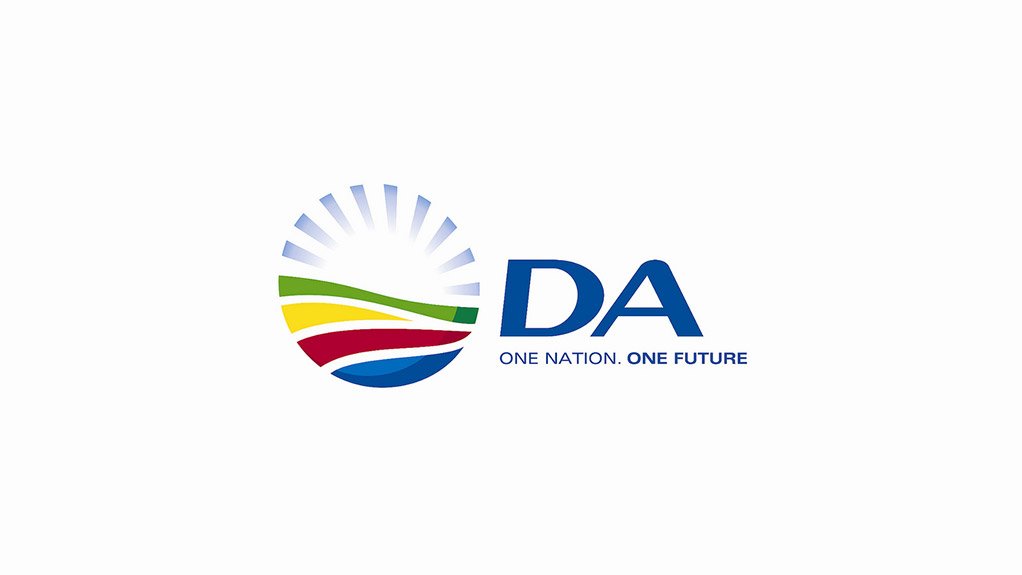Despite the African National Congress-led government failing to fulfill some of its most basic constitutional responsibilities, legal experts are not convinced that the Democratic Alliance’s (DA's) plans in the Western Cape to take on more powers to run services like transport and policing will succeed.
The party is pushing for the Provincial Powers Bill as part of its plans to expand federal autonomy for capable provincial and local governments and to empower them to manage devolved functions from the national government.
The bill seeks to give capable provinces and municipalities decision-making powers over, among other things, trade, including international trade and harbours, as well as national harbours.
Other areas include policing, public transport, municipal public transport, energy, electricity generation, transmission, and reticulation.
The DA's spokesperson on premier and constitutional matters, Christopher Fry, said they hoped to have the bill sent to Premier Alan Winde before the elections next year.
“We are of the view that in order to stem the tide against state failure in South Africa, it has become critical that greater powers are devolved to capable provincial and local governments such as the Western Cape."
However, experts have little faith that the DA's plans for the Provincial Powers Bill will materialise.
Professor Jaap de Visser, director of the Dullah Omar Institute at the University of the Western Cape, said the Western Cape government cannot remove powers from the national government unilaterally.
“The bill essentially provides for an internal arrangement within the province. Namely for an ad hoc committee in the provincial legislature and for an instruction to the premier to report to the provincial legislature on which powers the province would want to see devolved,” he explained.
De Visser noted that there seems to be no compulsion on the part of the national government to devolve powers to provincial or local governments, despite the possibility existing.
“There are a number of mechanisms for the national government to devolve powers to provinces and municipalities. They all require a decision of the relevant national minister (Cabinet), a presidential gazette, or an act of Parliament (depending on the precise mechanism),” he added.
However, public and constitutional law expert Shadi Maganoe, who lectures at the Wits School of Law, said despite the Constitution leaving room for essential political devolution, any significant changes to the distribution of powers would likely require amending the Constitution.
“Any devolution of powers would need to comply with the existing constitutional framework of South Africa. The Constitution provides for the division of powers between the national, provincial, and local governments.
“Making significant changes to this division would most likely require constitutional amendments. The process is quite complex and requires a broad political consensus,” she said.
Maganoe added that the transferring and devolving of the powers from the national government to the province would entail developing new legal frameworks and administrative structures to ensure that the province carries out its new responsibilities effortlessly.
“These processes can be costly and time-consuming. They also require too much effort to ensure a smooth transition and effective implementation,” she said.
Maganoe added that a few challenges may arise in the DA’s attempt to take over powers of the national government.
“The devolution of power would require the support from the ruling party - the ANC - as it governs at the national level. This may prove to be a challenge for the DA,” she said.
According to Maganoe, the DA could face opposition from political parties that do not support this notion or fear the potential consequences of shifting the power away from the national government.
“The DA may not achieve the necessary support from Parliament to enact the bill into law,” she said.
EMAIL THIS ARTICLE SAVE THIS ARTICLE
To subscribe email subscriptions@creamermedia.co.za or click here
To advertise email advertising@creamermedia.co.za or click here











